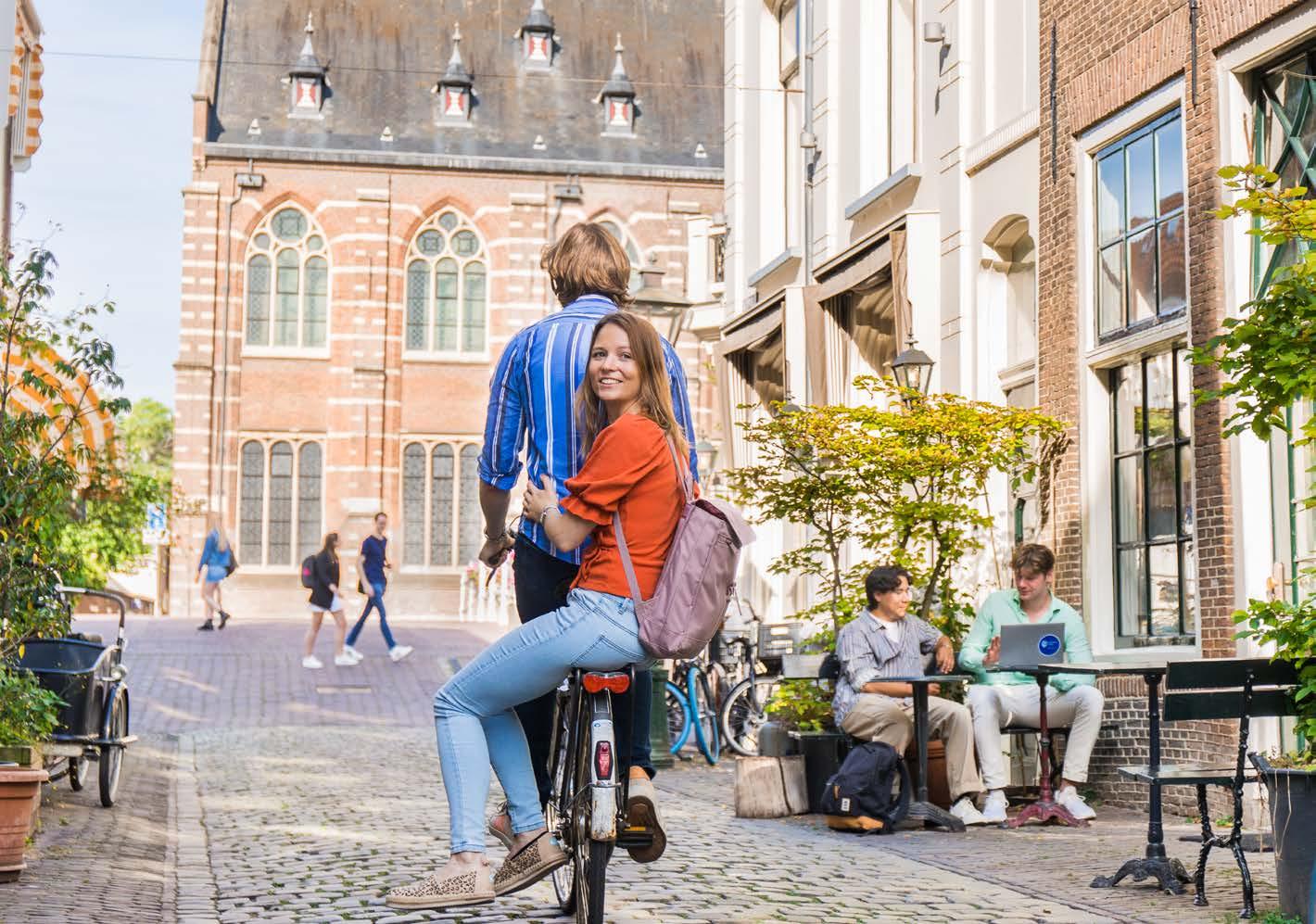

About us
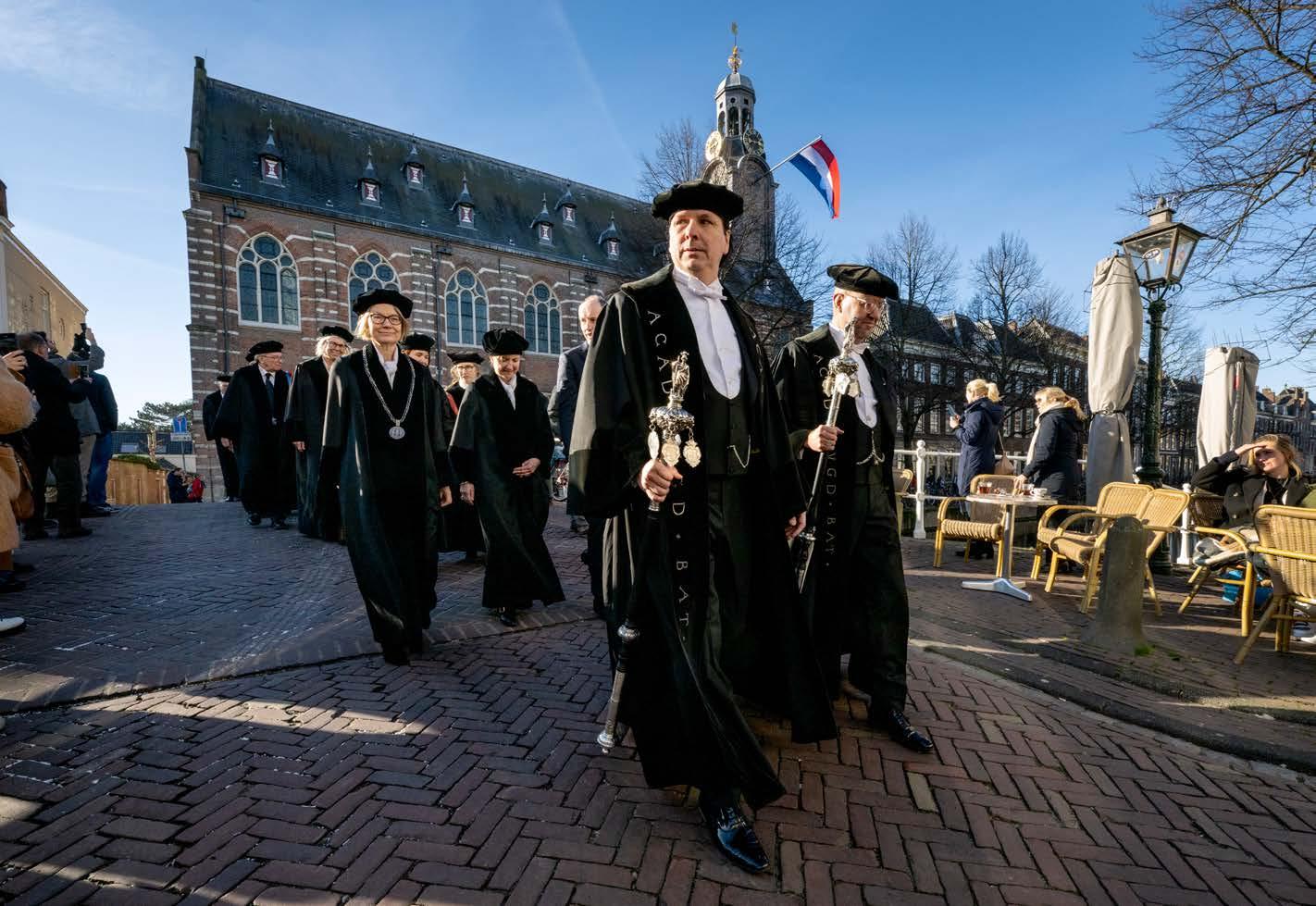
Our vision
Our society faces a range of complex challenges: migration flows, regional and global conflicts, climate change and wealth inequality. Leiden University is fully committed to finding solutions to these issues through its teaching and research.
For over 450 years, our university has contributed to creating, disseminating and applying pioneering academic knowledge in law, archaeology, the humanities and the natural, social behavioural and medical sciences. At our campuses in Leiden and The Hague, we work closely with national and international partners who have traditionally known us to be a reliable player in the political and social debate.
Our people are our top priority, and we want all students and staff in Leiden and The Hague to be able to reach their full potential.
Leiden University’s overall governance and management is entrusted to our Executive Board
Our university has always been international in its outlook and has a strong focus on digitisation, sustainability, diversity and inclusion.
Leiden University has three campuses, spread across two cities: Leiden city centre, Leiden Bio Science Park and Campus The Hague. Leiden is the city where our university was founded; The Hague is known as the international City of Peace and Justice and is also the seat of the Dutch government. Together, our university’s seven faculties are housed across the three campuses. The Spui Campus will open its doors in The Hague in early 2026.
OUR CORE VALUES
Connecting: listening, to one another and society. Innovative: seeking new knowledge and understanding, pushing boundaries, being curious.
Responsible: taking responsibility for academic integrity, an inclusive community and how we interact with one another.
Free: offering scope for differing perspectives and ideas, open dialogue and curiosity-driven research.
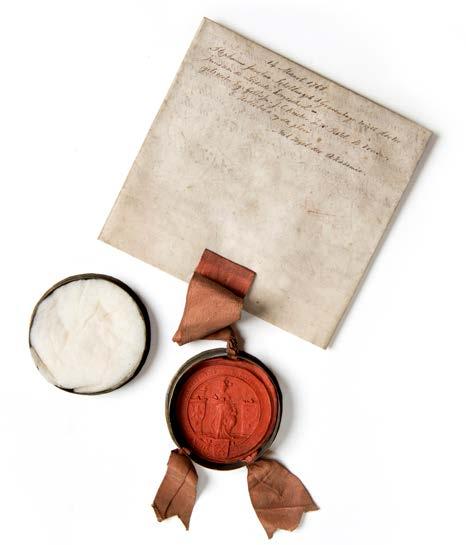
Our teaching
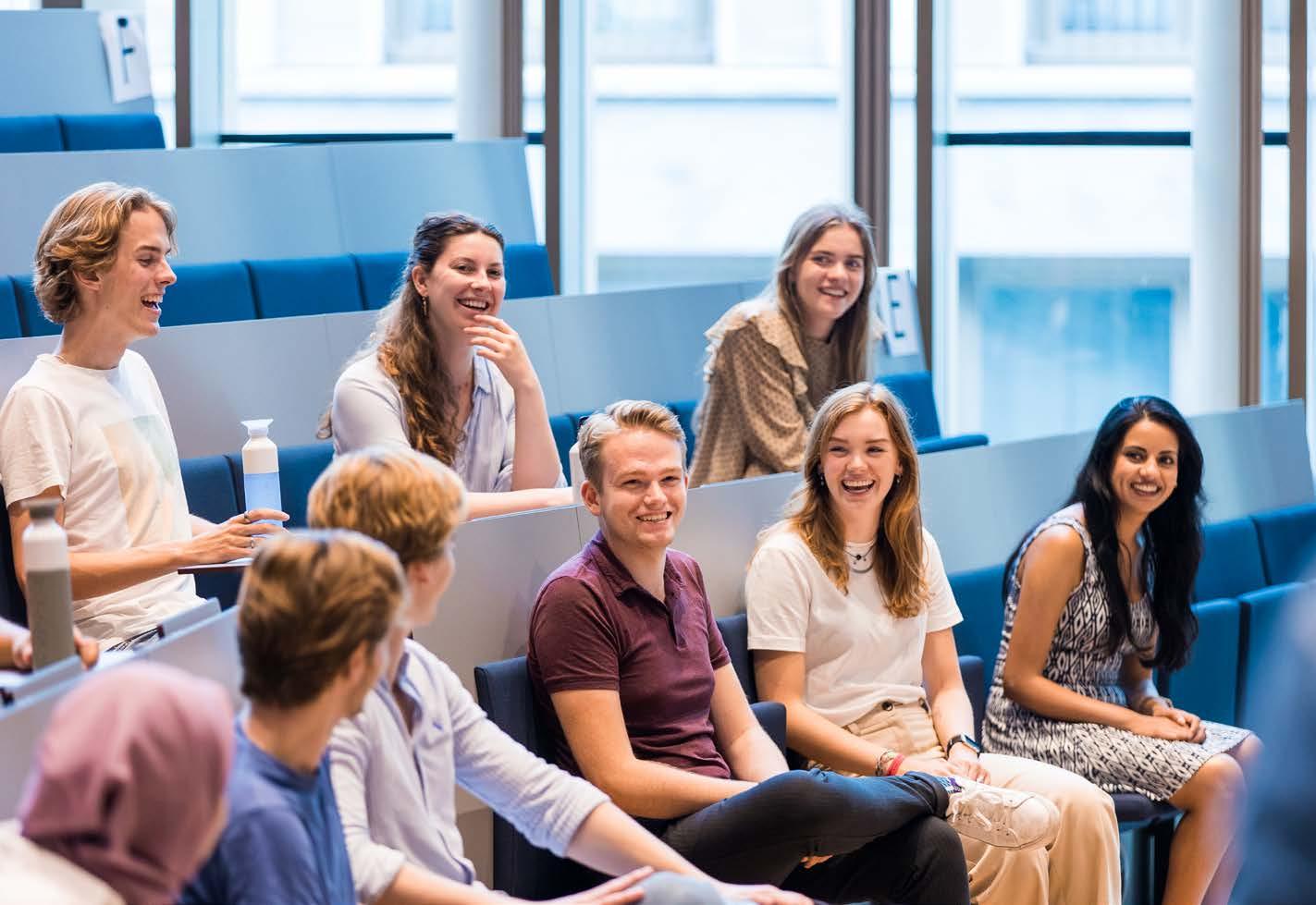
48 bachelor’s programmes
83 master’s programmes
110 courses for professionals
Innovative teaching methods, small classes and an international focus are the hallmarks of our teaching. Research-based learning and personal guidance are key to this approach. We apply innovative teaching methods and use hybrid or digital formats where this adds value. We focus on individual choices, offering in-depth and broadbased programmes and providing ample scope for emerging talent. Major social and scientific issues are embedded in the education we provide.
Our ambition is to train our students to become academically skilled, responsible professionals who contribute to solving the societal issues of today and tomorrow. Lifelong learning is the guiding principle behind our programmes for professionals.
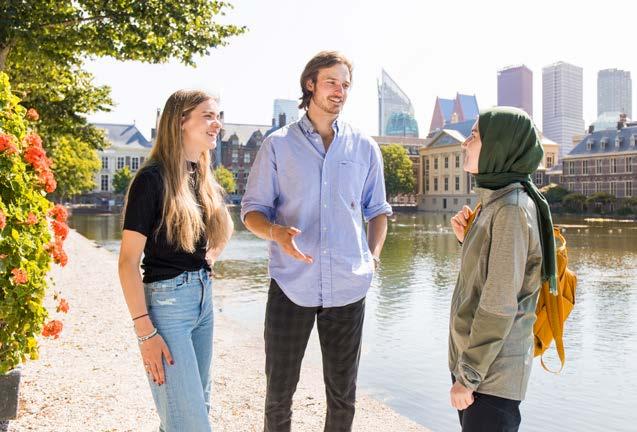
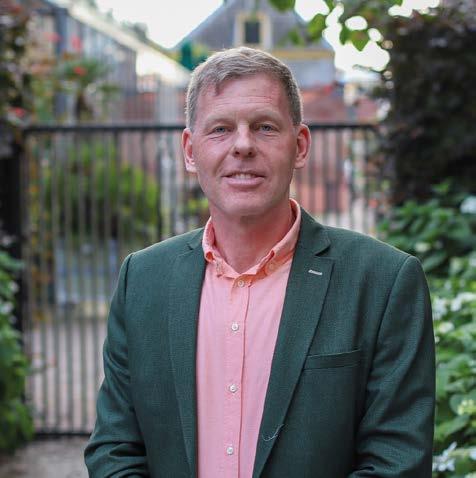
‘The message I want to give my students is: Find what’s right for you and you’ll be happier in yourself and more able to help society.’
Paul Gobée, a previous winner of the Leiden Teaching Prize, goes the extra mile for his students.
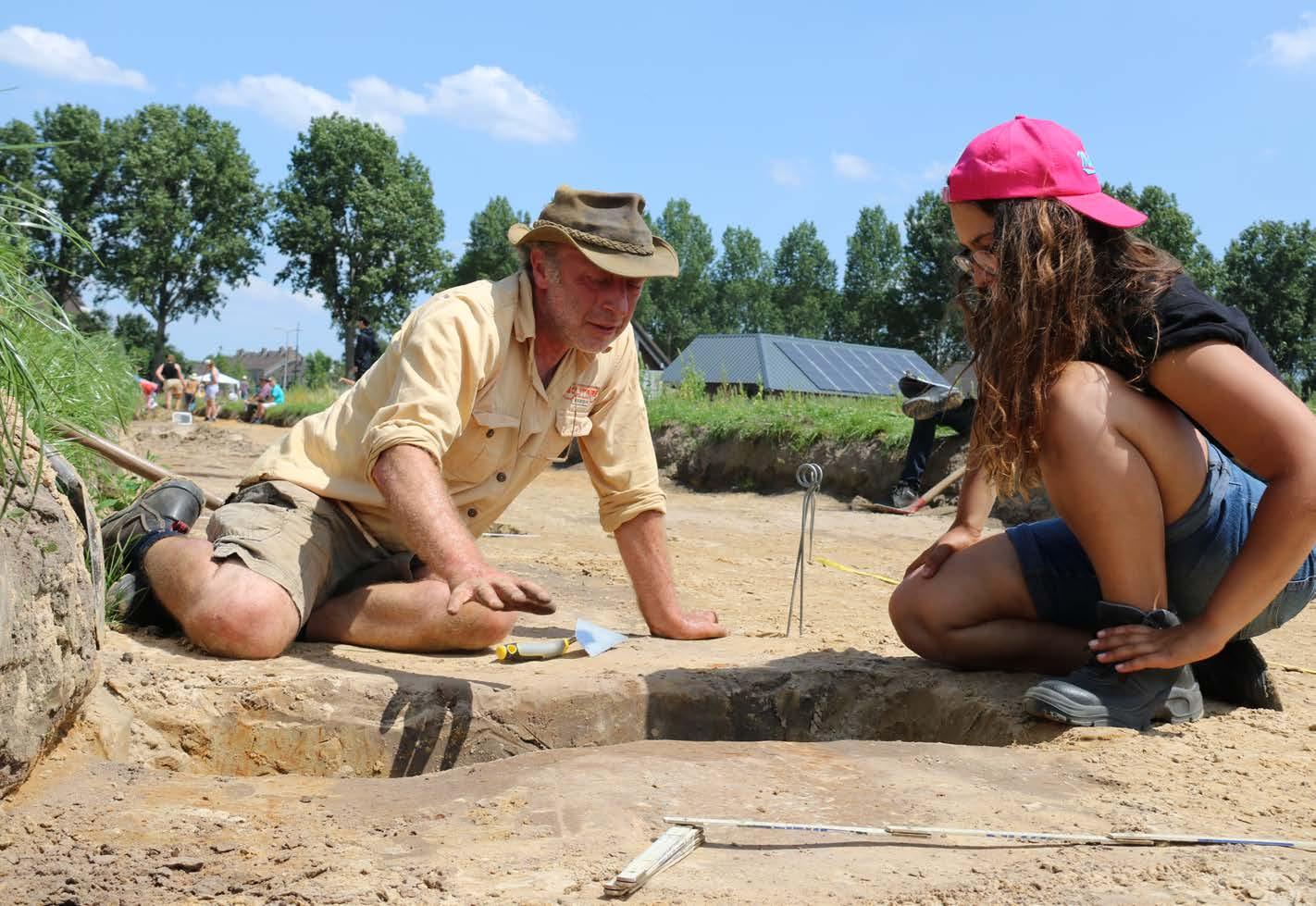
32 research institutes
12 European grants (ERC)
38 NWO Talent grants
262 million euros in funding
Our pioneering research contributes to better understanding of contemporary society. That research is in high demand, as society increasingly looks to universities for answers to current issues and challenges. Our researchers therefore focus both on research that addresses societal issues and on independent, fundamental research aimed at generating new knowledge. In doing this, we strive to promote and enhance interdisciplinary collaboration in research.
OUR INTERFACULTY RESEARCH:
Field: Humans in the world
• Languages, cultures and worldviews
• Heritage
• Migration
Field: Resilient and learning society
• Inequalities
• Generation of the future
• Social transitions
Field: Technology and society
• Sustainability and biodiversity
• Quantum and space
• AI for humans, society and science
Field: Peace, justice, democracy and governance
• Security, safety and cybersecurity
• Trust in polarised times
• Geopolitics in Europe and the world
Field: Health and life sciences
• Health and wellbeing
• Regenerative medicine
• Drug discovery and development
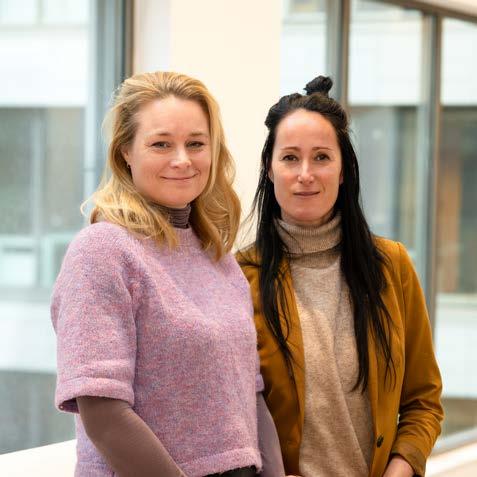
‘A team of driven individuals from different disciplines: What more could we ask for? Our interdisciplinary programme gives us a unique opportunity to gain insights into transgressive behaviour, violence and social resilience.’
Behavioural scientists Anne-Laura van Harmelen and Marieke Liem are the coordinators of the Social Resilience and Security interdisciplinary research programme.
Our researchers
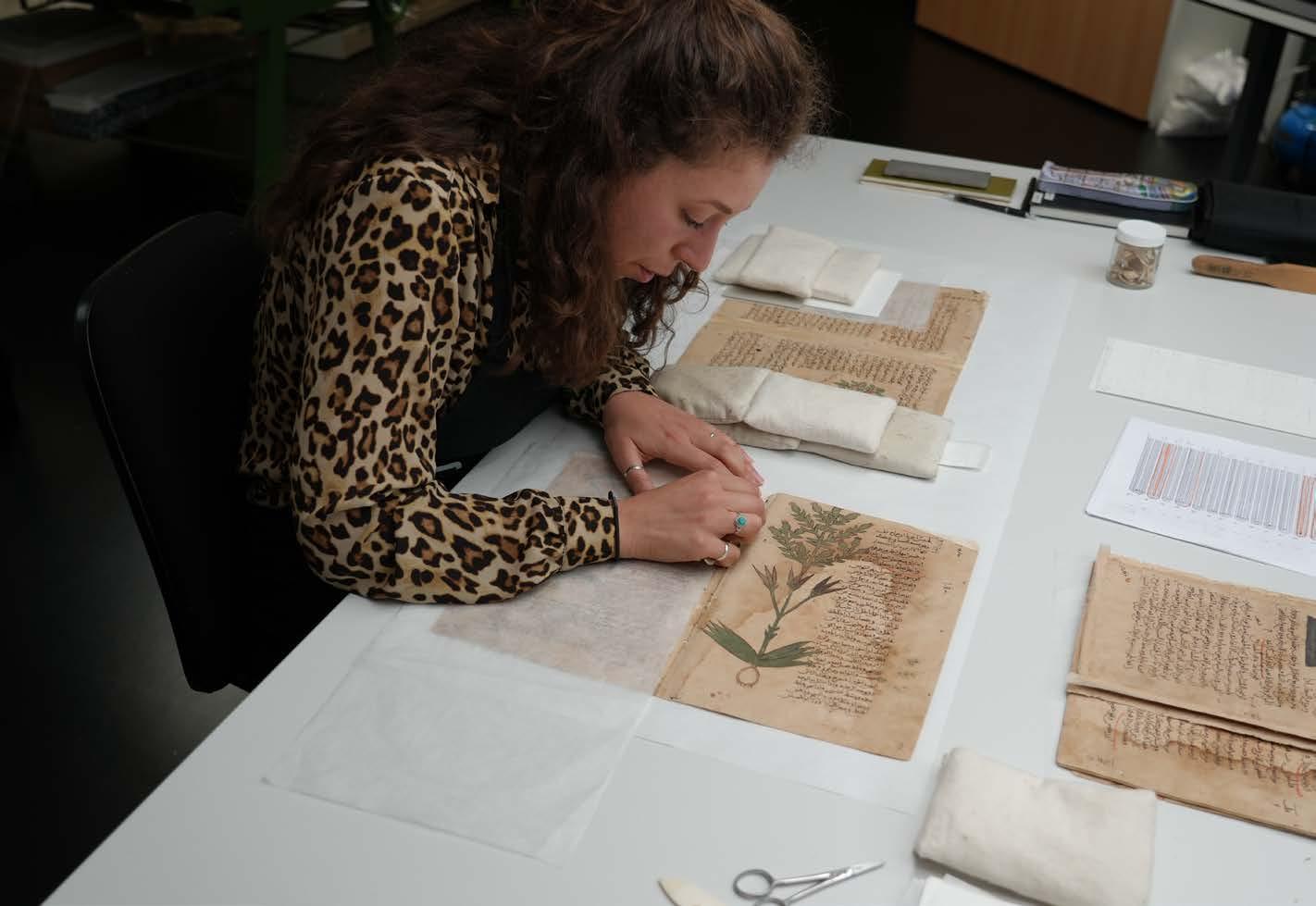
34% of our professors are women
514 PhDs awarded
7,075 academic publications
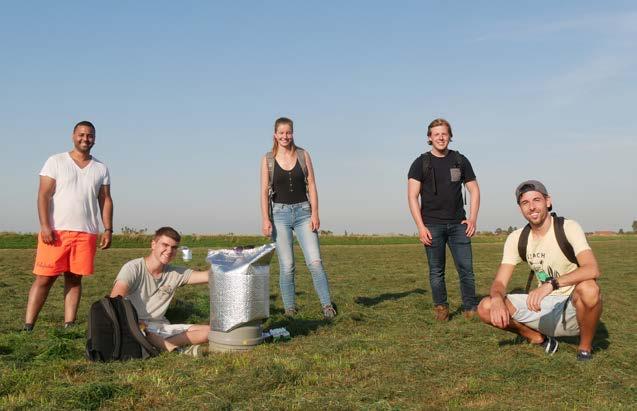
Our researchers at Leiden University are the driving force behind the new knowledge that we generate and share. Interdisciplinarity is at the heart of their shared partnerships, the projects they implement with colleagues both in the Netherlands and abroad and their close ties with our partners in society and industry. All of these forms of collaboration are important building blocks for developing new scientific knowledge. Our researchers are successful in achieving this: they are regularly awarded academic grants and prizes. Leiden University’s researchers have received more Spinoza Prizes (28) – the country’s most prestigious academic award – than any other Dutch university. Our researchers also participate actively in the political and social debate. They make regular appearances in the media and at public events to share their knowledge and expertise with large audiences in the Netherlands and abroad.
‘Our medical, psychology and public administration researchers are looking at how teams achieve peak performance in the operating theatre. The combined team input is a major factor in this.’
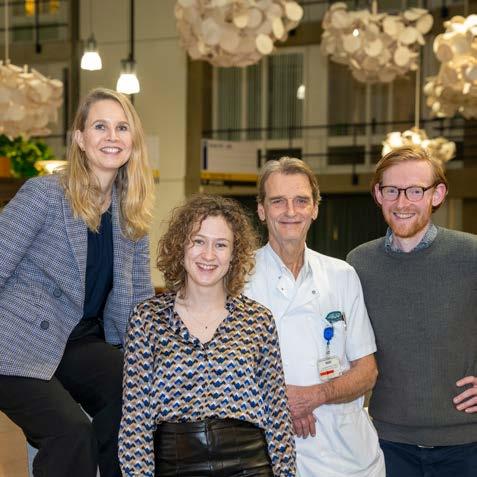
The research team of Marieke Adriaanse, Pam ten Broeke, Jaap Hamming and Eduard Schmidt is investigating leadership and resilience in the operating theatre.
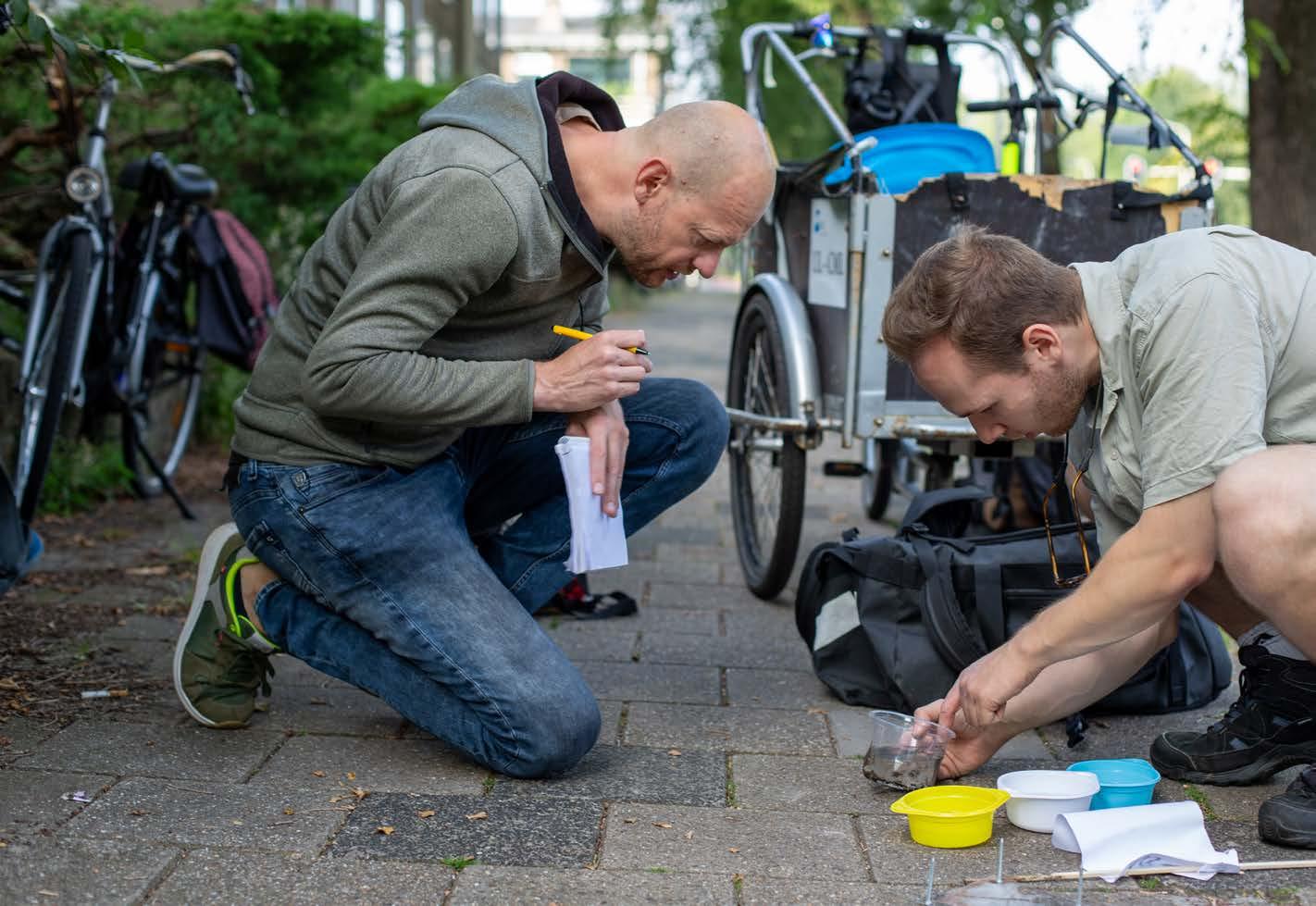
Our impact
Our teaching and research are our way of contributing to a better world for us all. Through their lectures, publications, doctoral research, advice, partnerships, participation in advisory bodies and media appearances, our researchers play a major role in tackling the challenging issues facing today’s society. Our research results in new patents and start-ups, and we also promote entrepreneurship in the Netherlands, for example at the Leiden Bio Science Park.
Leiden University students make their own contribution through a wide variety of internships, projects, volunteer work and other initiatives, which they often continue after their studies. In collaboration with our partners in secondary and higher vocational education, we have an active presence at PLNT and the Leiden Centre for Innovation and Entrepreneurship.
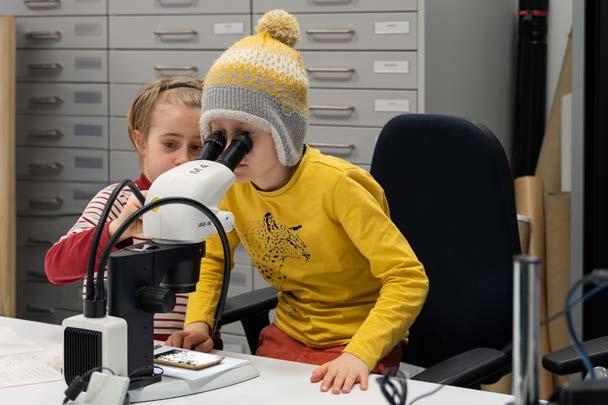
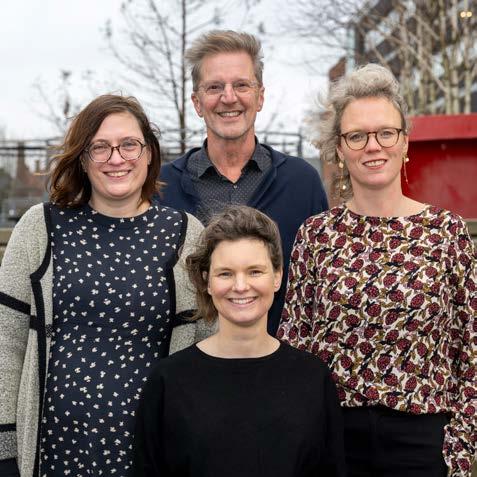
‘Our knowledge centre means we can have a real impact as researchers: together with partners such as municipalities, schools and youth support services, we ensure children with anxiety and stress receive effective and accessible support.’
Psychologist Anke Klein together with Anika Bexkens, Michiel Westenberg and Marieke Bos is the founder of the Knowledge Centre for Anxiety and Stress in Youth.
Our students
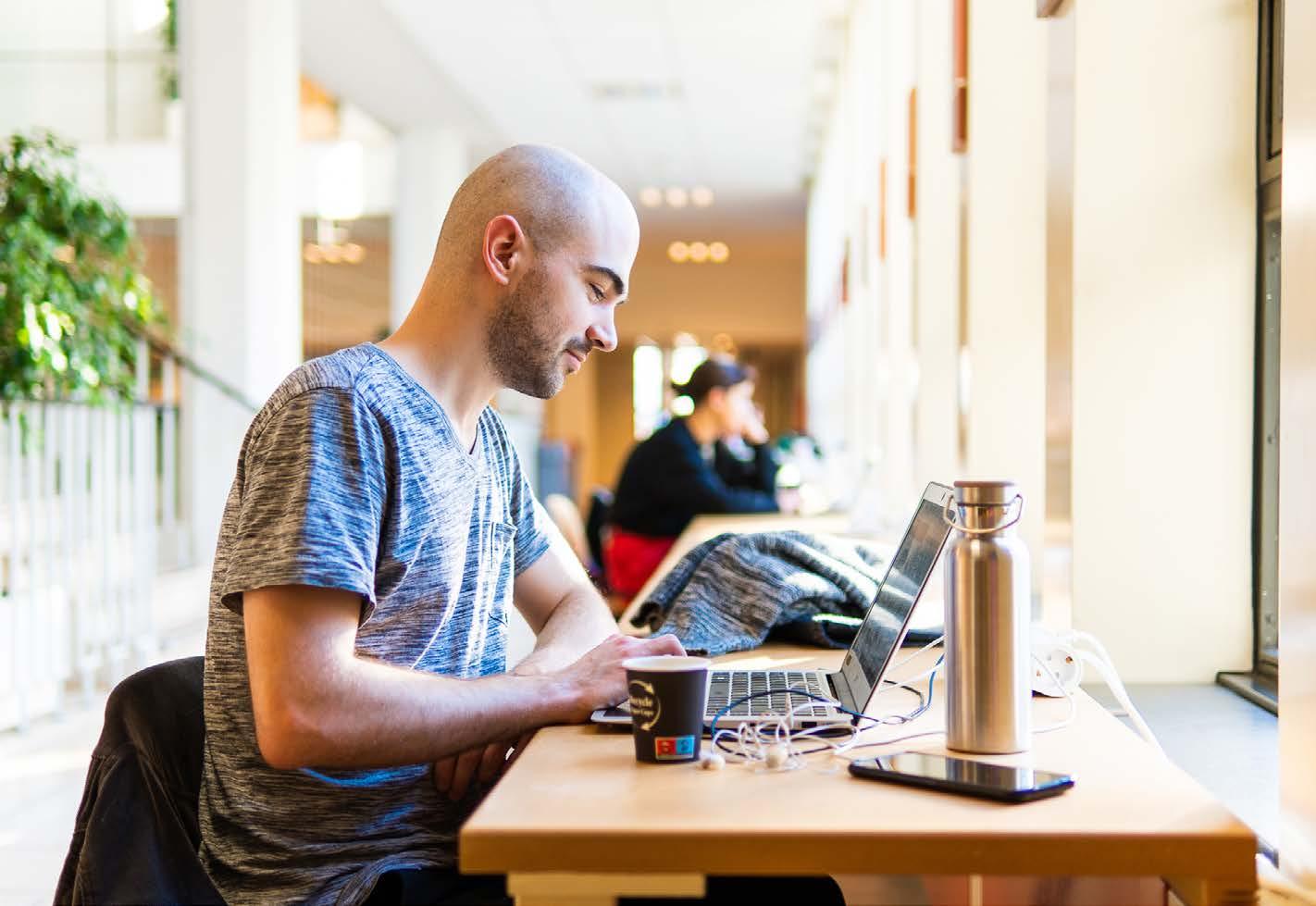
21,647 bachelor’s students
12,192 master’s students
23% international students
124 nationalities
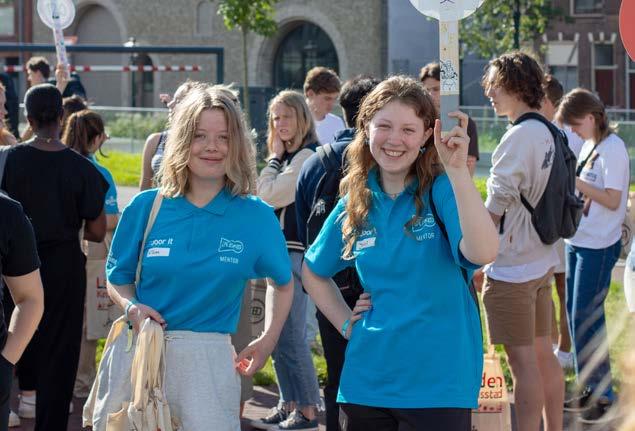
The knowledge and skills of our students enable us to work towards to a better world, both today and tomorrow. At our campuses in Leiden and The Hague, students can develop into discerning, self-sufficient members of our university community, fulfilling a distinct role in our research projects. They acquire new knowledge and learn critical thinking and reasoning skills. We achieve this by encouraging them to reflect, self-reflect and develop, and to take up activities outside their degree programmes. Leiden is known for its many student, sports and study associations, which are hugely beneficial to students’ personal development and wellbeing. The university also actively strives to create a diverse and inclusive study environment where there is awareness and space for diverse multicultural and international perspectives.
‘LUDev brings organisations and students together: organisations gain innovative software solutions, while students expand their experience with real projects.’
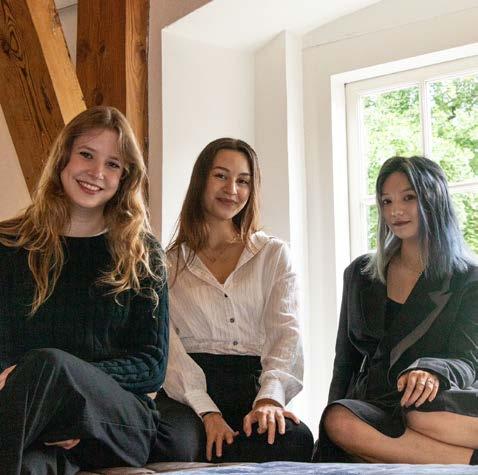
Computer science students Shanti Kuipers, Elske van Zwol and Qianpu Chen develop software.
Our alumni
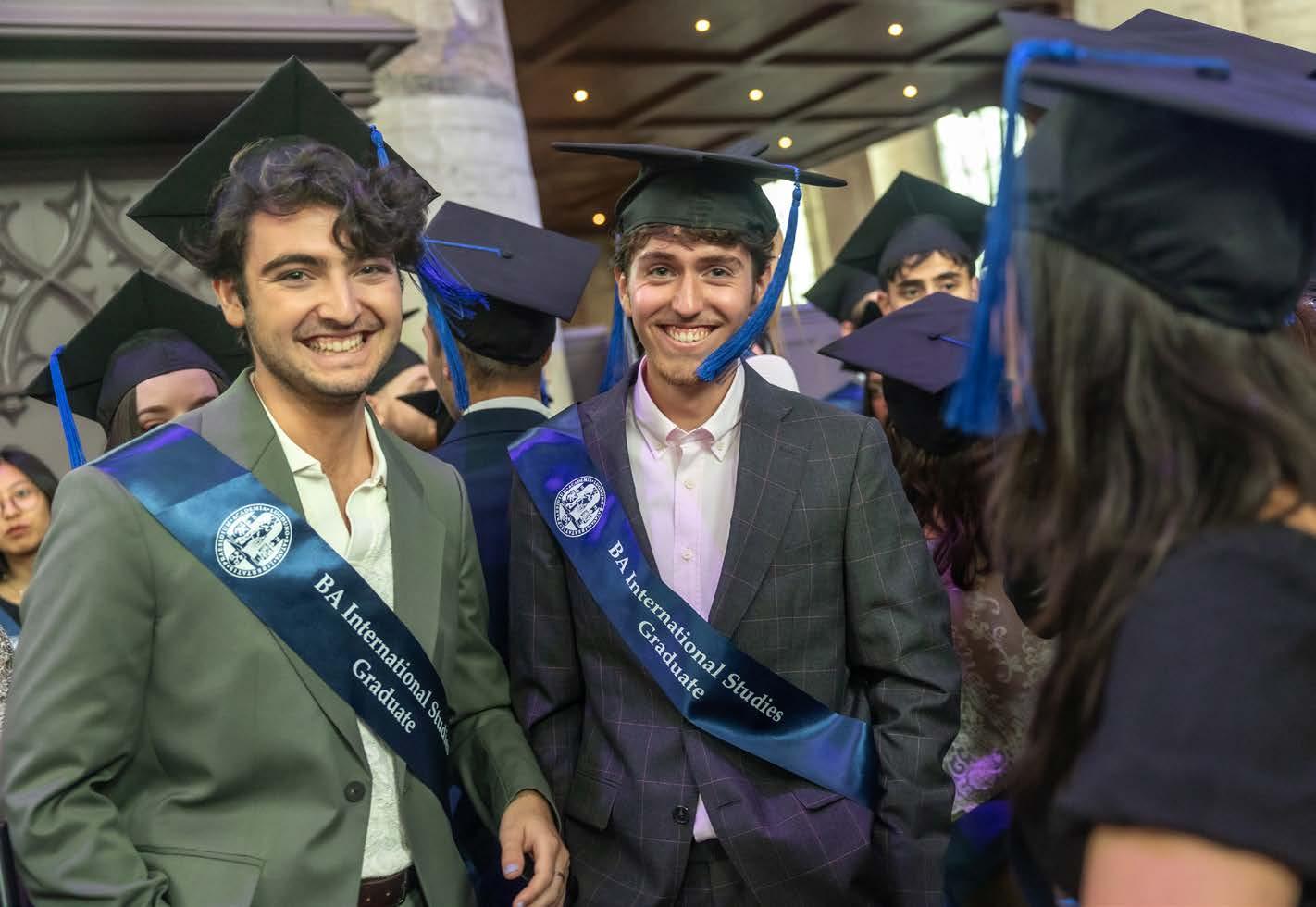
156,115 registered alumni
11,514 alumni abroad
5,150 master’s graduates in 2024
5,522 bachelor’s graduates in 2024
Leiden’s alumni regularly take up an array of key positions in the Netherlands and abroad after completing their studies. As a result, the knowledge and experience they gained at Leiden University play a lasting role in valuable developments on a national and international level. After graduating, many of our alumni remain closely involved with their alma mater in various ways: they give guest lectures to the new generation of students and provide valuable, relevant information about the job market and our mentor network. In turn, the university invests in the further development of its alumni through knowledge sharing, career development and networking, and by offering a wide range of inspiring events. Alumni and others who feel a strong affinity with the university have contributed to our teaching and research for many years by making donations through the Leiden University Fund (LUF), for example.
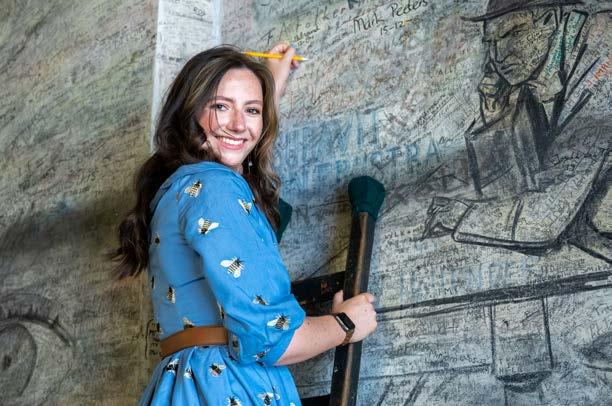
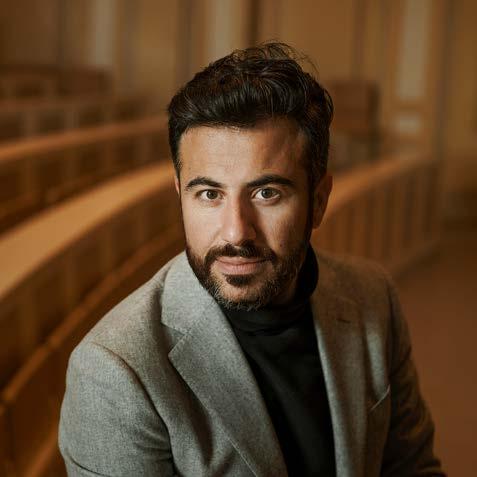
‘Future graduates will mainly need skills relating to, for instance, robotics, programming, creative thinking and data analysis.’
Alumnus Yousef Yousef is a water purification entrepreneur and a member of the Leiden Law School Advisory Board.
Our collaboration
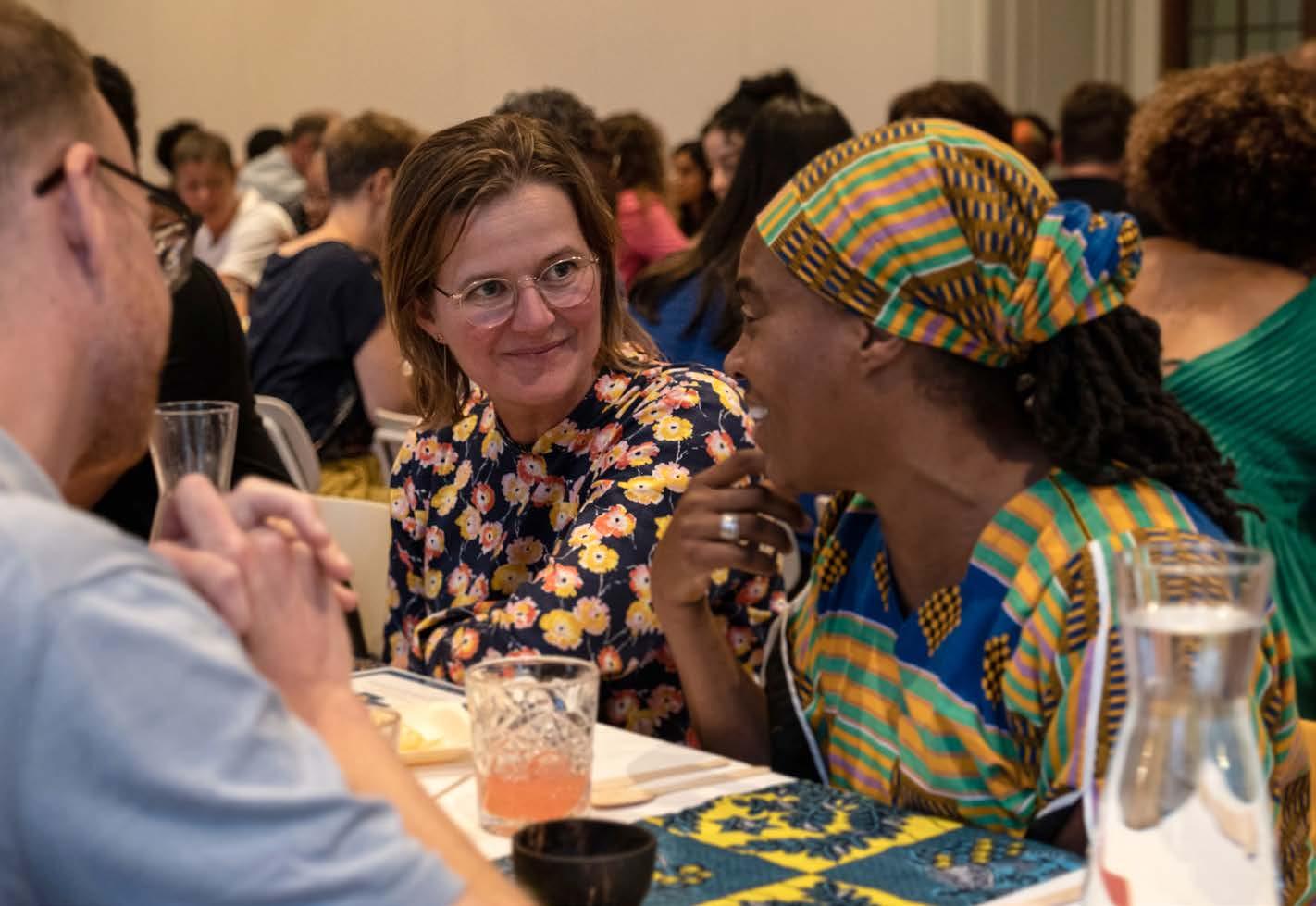
FOR EXAMPLE WITH:
• Leiden University Medical Center (LUMC)
• Leiden Bio Science Park (LBSP)
• Leiden City of Knowledge
• Leiden Global
• Leiden-Delft-Erasmus Universities
• Medical Delta
• Leiden University Fund (LUF)
• Leiden Museums
• Municipalities of Leiden and The Hague
• League of European Research Universities (LERU)
• UNA Europa
• NVIC Cairo
• KITLV Jakarta
Pooling knowledge, sharing strengths and collaborating on strategic projects are more important than ever. In fact, they are an absolute prerequisite for expanding our knowledge and obtaining funding for world-leading research. It is only by working together with peers and relevant partners that we as a university can achieve our collective ambitions and make a valuable contribution to society with our innovative knowledge and teaching. To that end, Leiden University has many knowledge and educational partners, both locally in Leiden and The Hague and throughout Europe and the rest of the world.
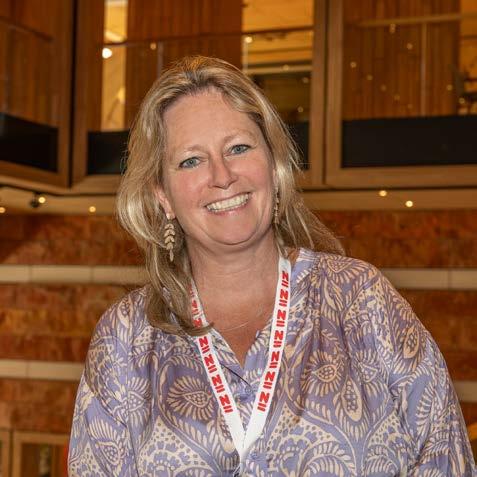
FOR EXAMPLE, WITH:
• Leiden University Medical Center (LUMC)
• Leiden Bio Science Park (LBSP)
• Leiden City of Knowledge
• LeidenGlobal
• Leiden-Delft-Erasmus Universities
• Medical Delta
• Leiden University Fund (LUF)
• Leiden’s museums
• Municipal Councils of Leiden and The Hague
• League of European Research Universities (LERU)
• UNA Europa
• NVIC Cairo
• KITLV Jakarta
‘Leiden University is an indispensable partner for countless organisations and companies. It plays a pivotal role within Leiden society and at the Leiden Bio Science Park, as well as on a national and international level.’
Lara Ummels is the Knowledge Broker for Leiden City of Knowledge.
Our organisation
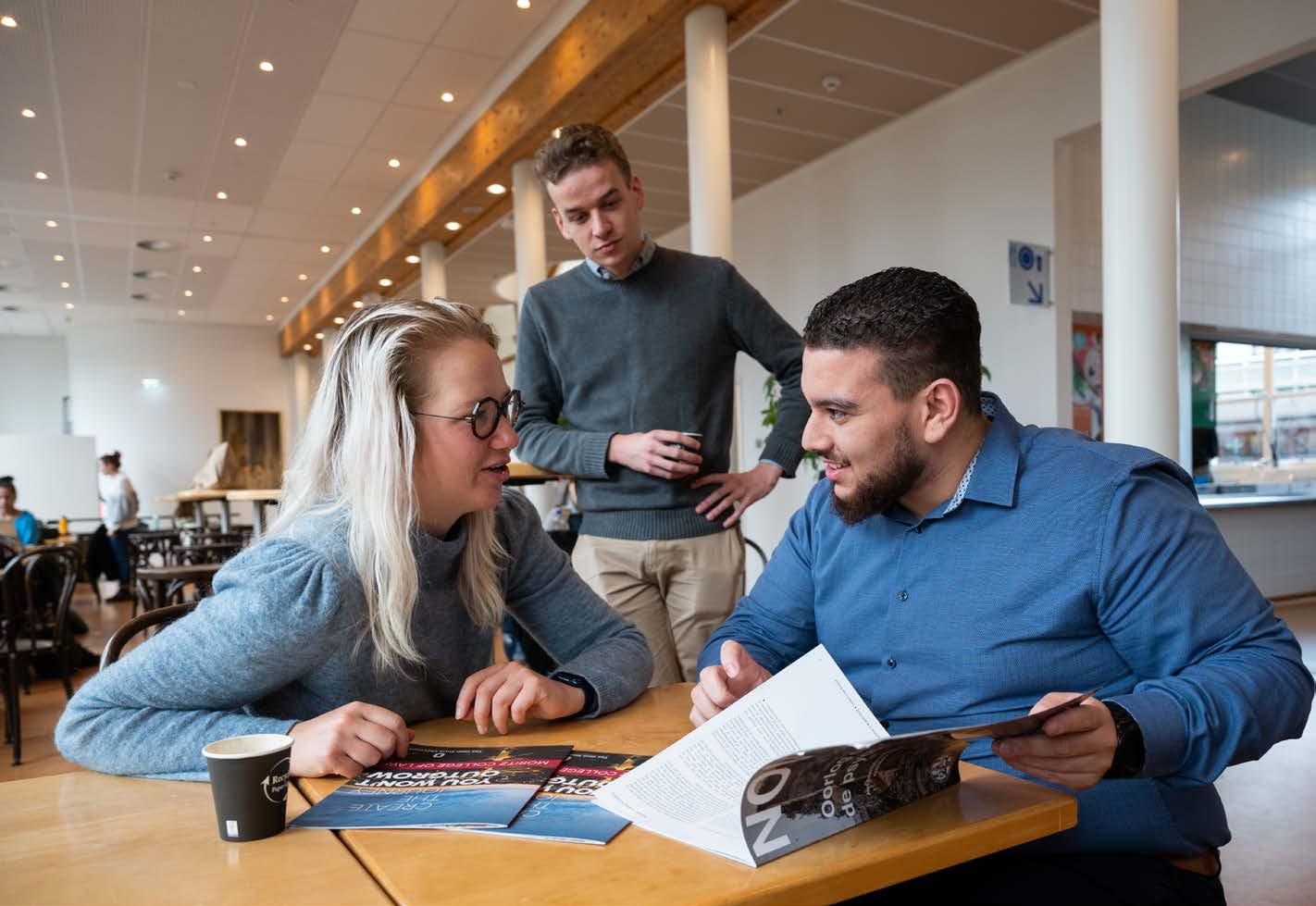
7 faculties
2 cities
8,110 staff members
947 million euros in turnover
670 professors
Leiden university is much more than teaching and research alone. Our professional staff are crucial to the fantastic achievements of our researchers and students. It is thanks to these enthusiastic, inspiring and motivated members of our staff that the university’s research and teaching is of a consistently high quality.
There are other factors that significantly contribute to this as well, such as our extensive, renowned collections and first-class research facilities. Our collections are housed in the Leiden University Libraries (UBL) and offer a wealth of information and heritage for researchers, students and visitors. Leiden’s laboratories with their state-of-the-art equipment and our famous Hortus Botanicus are also extremely impressive.
Our university has campuses in The Hague and, of course, in Leiden itself, and is managed by the Executive Board, whose members are appointed by the Board of Governors. The Executive Board holds regular discussions on strategy and policy with the deans of the seven faculties:
• Archaeology
• Governance and Global Affairs
• Humanities
• Law
• Medicine/LUMC
• Science
• Social and Behavioural Sciences
The university’s co-participation body falls under the responsibility of the University Council, which comprises elected students and staff members.
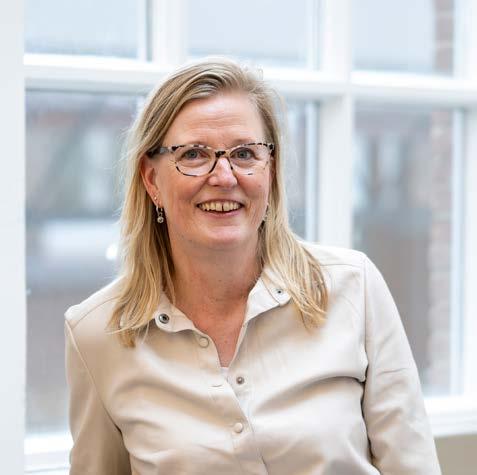
‘Together with all our HR professionals, we invest in a pleasant working environment for all our staff, with a significant focus on teamwork and personal development, and on a new system for recognising and rewarding our academic staff.’
Gertia Knorr is Head of HRM at Leiden Law School.
Our history
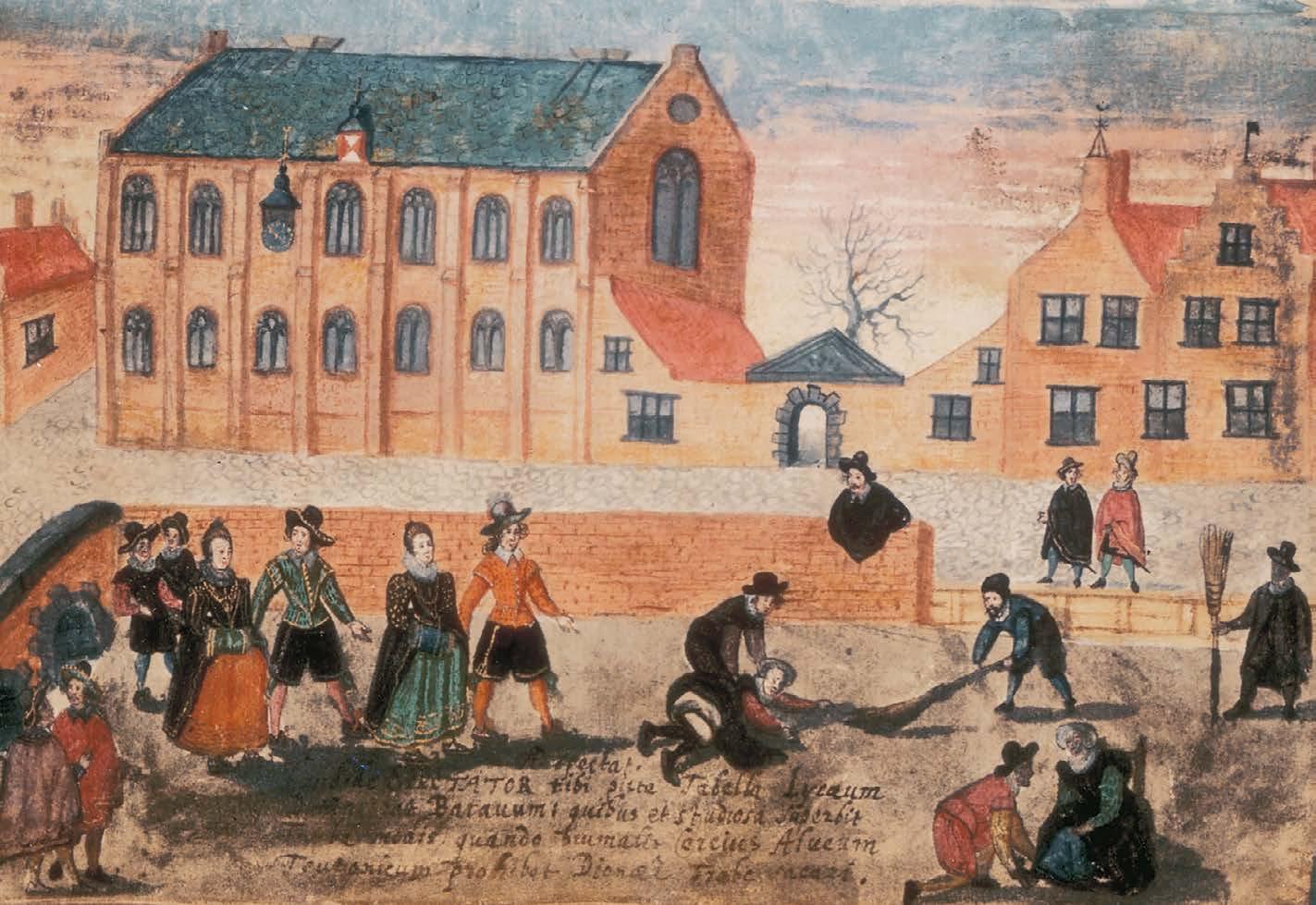
HIGHLIGHTS FROM OUR HISTORY:
• Rembrandt van Rijn studied at our university (1620)
• Sophia Antoniades was our first female professor (1929)
• Rudolph Cleveringa gave his protest speech (1940)
• King Willem Alexander graduated (1993)
• Nelson Mandela received an honorary doctorate (1999)
• Leiden University celebrated its 450th anniversary
Leiden University was founded 450 years ago. It is the oldest university in the Netherlands, and was established in 1575, as tradition has it, by William of Orange, as a token of gratitude for the courageous efforts of Leiden’s citizens during the siege of Leiden by the troops of Philip II of Spain. In and around Rapenburg, where our Academy Building is located, there is an overwhelming sense that we are surrounded by a rich academic history. We feel it in our historic buildings in the city centre, in the unrivalled collections in the Hortus botanicus and University Library and in Leiden’s many museums, with which we maintain close ties.
Our motto is praesidium libertatis, or ‘bastion of freedom’. In Leiden, we firmly believe in the value of open debate that always welcomes differing opinions and perspectives. Freedom of expression and debate are what unite us every day.
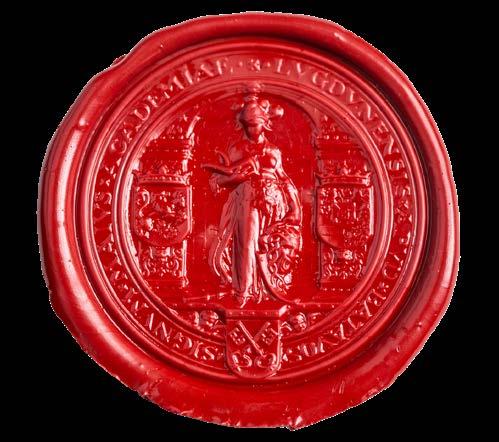
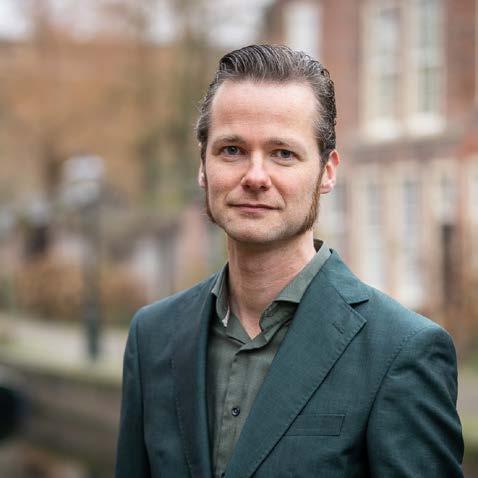
‘One core aspect of our work has remained the same over the whole 450 years of our history, and that is teaching people through ongoing discussion that seeks to find the truth. And this has always been based on pluralism.’
University historian Pieter Slaman connects the university’s history with the world of today.
Our strategy
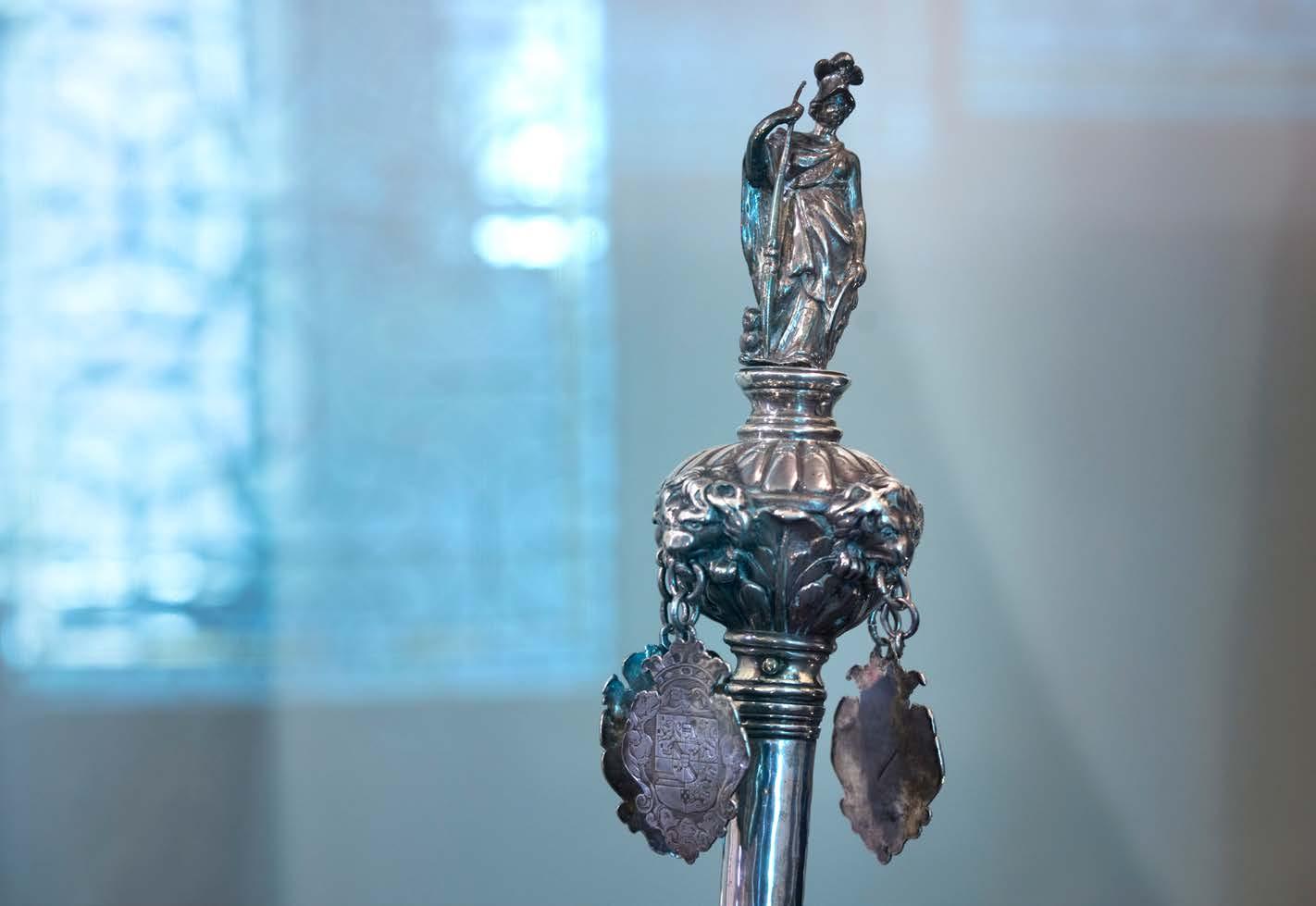
OUR AMBITIONS (2022-2027) FROM OUR STRATEGIC PLAN INNOVATING AND CONNECTING:
• Space for innovation
• Pioneering interdisciplinary research and teaching
• Future-proof student development
• A healthy, engaged and learning community
• More value through strategic collaboration
• Ample scope for talent and development
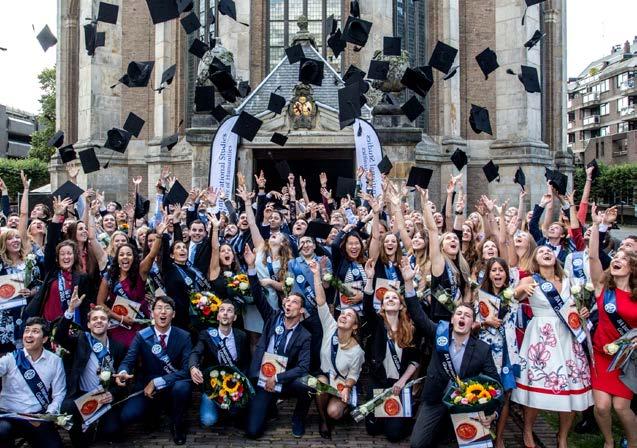
Our ambition is to lead the way and be relevant, both today and tomorrow. We do this by innovating where relevant and appropriate. We aim to enhance our societal and academic impact through our research and teaching, and focus on further strengthening our connections. Working closely with current and new partners ensures that we create new opportunities for research and teaching, and intensify the interaction between our university and society.
‘Let’s work across disciplines and break down faculty barriers so we can set to work on the scientific and societal challenges of now and the future.’
Sarah de Rijcke is Dean of the Faculty of Social and Behavioural Sciences.
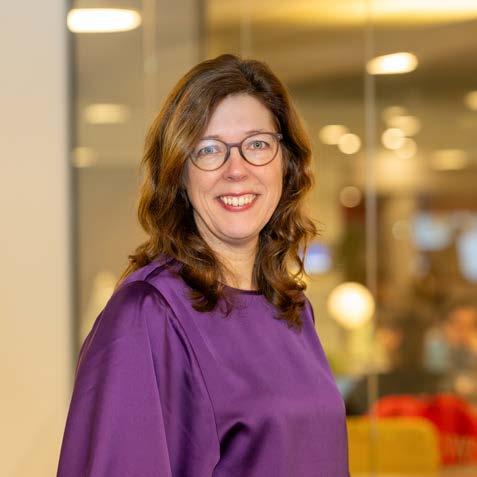
Curious about the stories behind the photos and quotes?

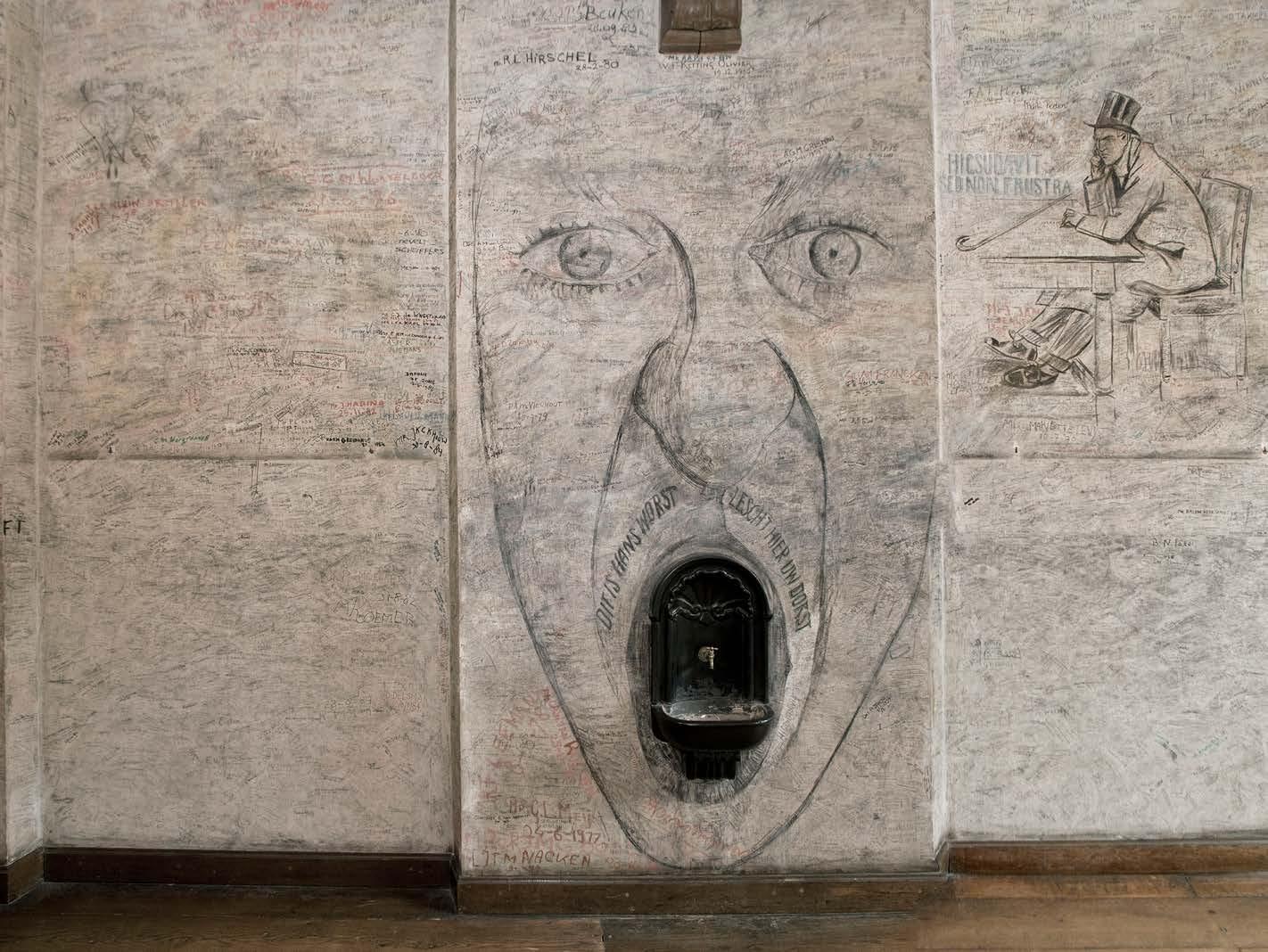
More information: universiteitleiden.nl/en Sign up for our newsletter: universiteitleiden.nl/en/newsletter
Linkedin.com/school/leiden-university Instagram.com/universiteitleiden bsky.app/profile/unileiden.bsky.social Facebook.com/UniversiteitLeiden Youtube.com/UniversiteitLeiden
